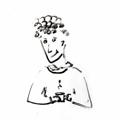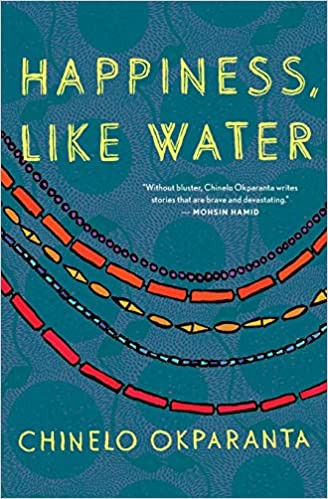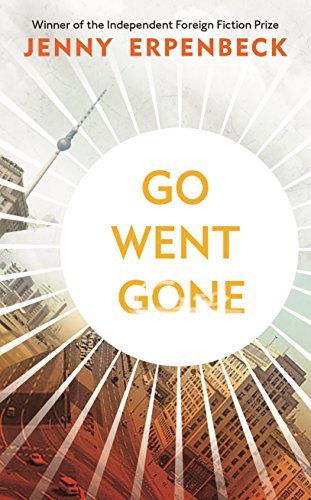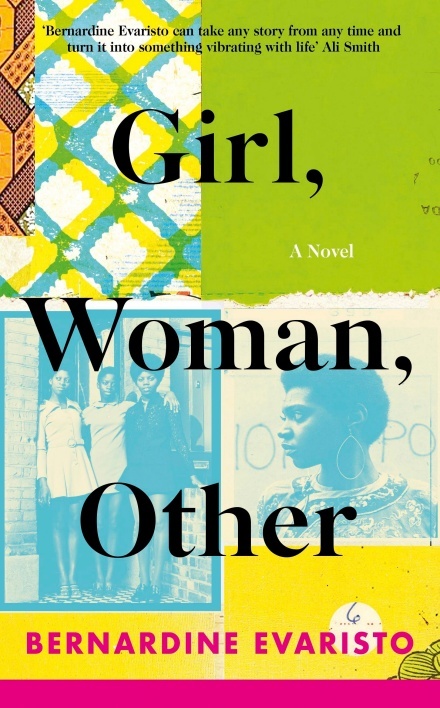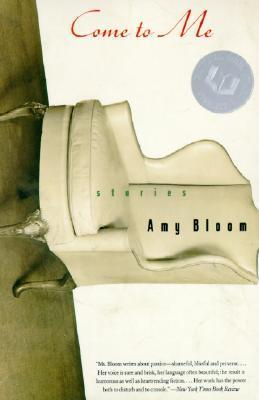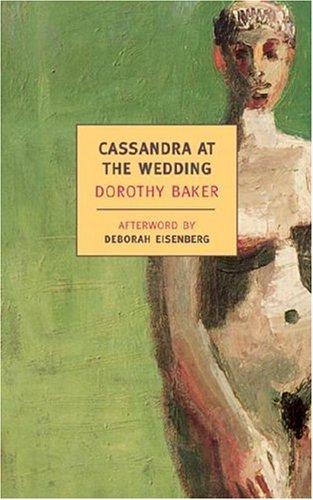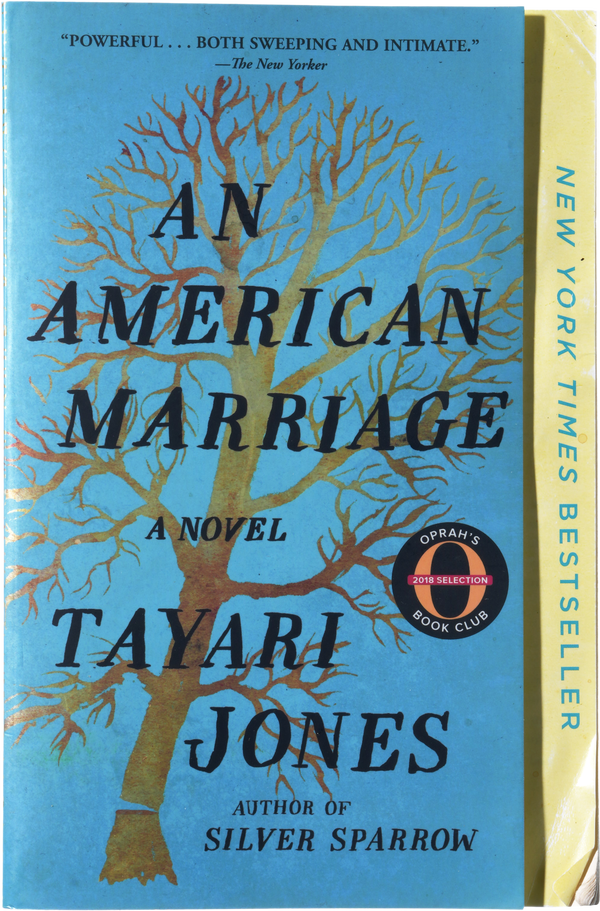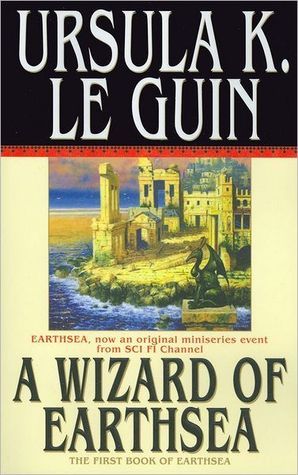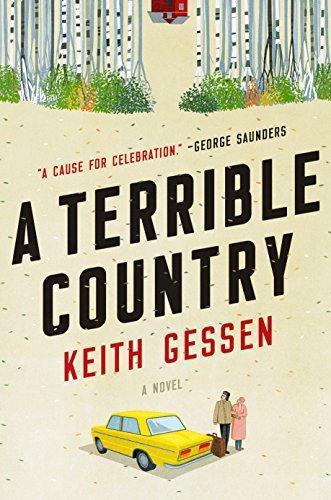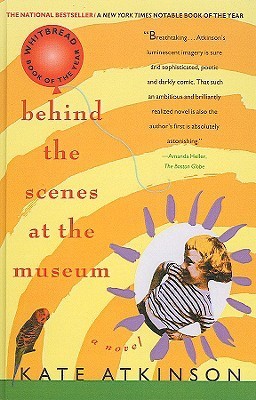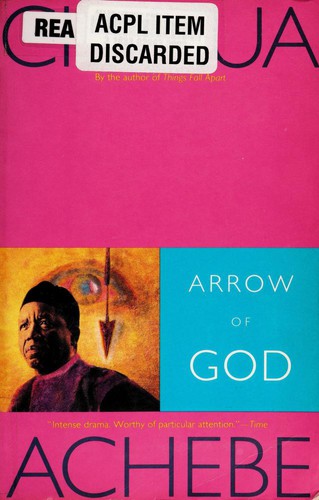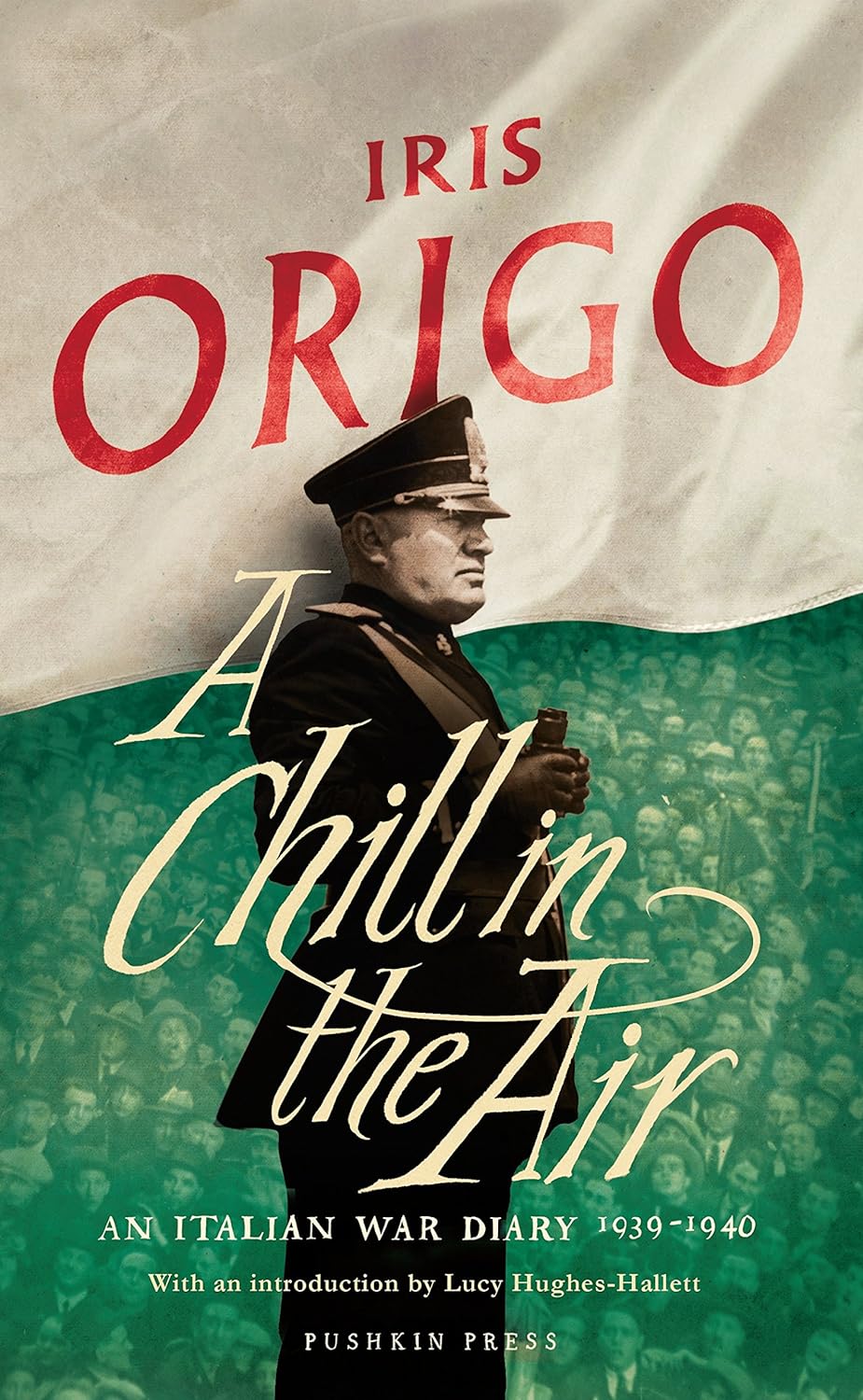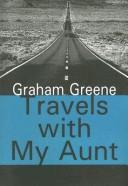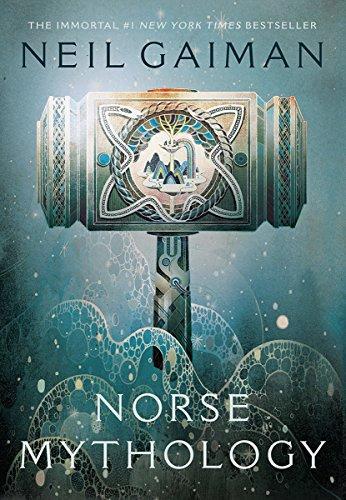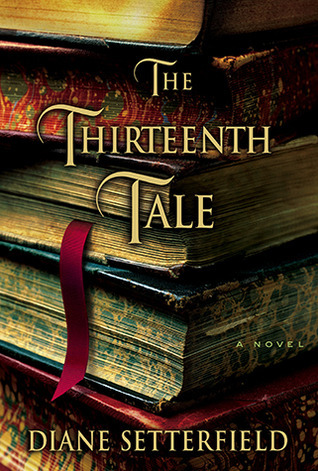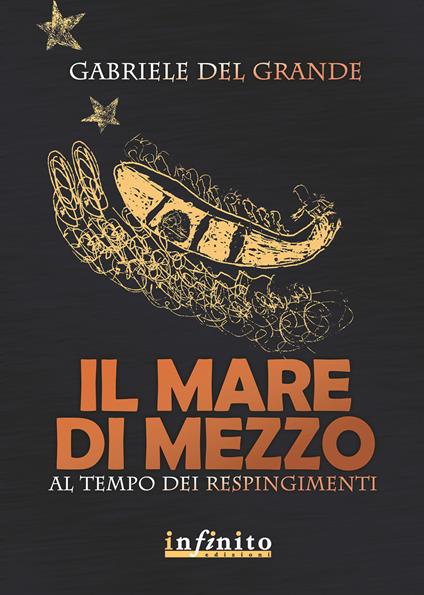ralentina reviewed Happiness, like water by Chinelo Okparanta
Sad stories between Nigeria and the US
4 stars
These stories are quite sad, ranging from the melancholic to there is perhaps a dim light at the end of the tunnel to straight up devastating. Domestic violence, tumoultous parents-daughter relations, loaded with guilt, resentment and love. The first stories are set in Nigeria, the other in the States.
It is one of my current personal reading struggles that attempts at reading women of colour in the name of diversity always lead me back to US educated ones, generally who have been to the Iowa writing workshop or Standford, before taking on a teaching position at some prestigious institution. So how diversity do we get in this category? Okaparanto is no exception here but at least it seems to me that her main characters (presumably some form of herself) have gone through different experiences - and overall it does not feels like reading a story I already know. Also, she …
These stories are quite sad, ranging from the melancholic to there is perhaps a dim light at the end of the tunnel to straight up devastating. Domestic violence, tumoultous parents-daughter relations, loaded with guilt, resentment and love. The first stories are set in Nigeria, the other in the States.
It is one of my current personal reading struggles that attempts at reading women of colour in the name of diversity always lead me back to US educated ones, generally who have been to the Iowa writing workshop or Standford, before taking on a teaching position at some prestigious institution. So how diversity do we get in this category? Okaparanto is no exception here but at least it seems to me that her main characters (presumably some form of herself) have gone through different experiences - and overall it does not feels like reading a story I already know. Also, she is at least a bit queer and her description of the challenges for Nigerian lesbians come across as convincing and nuanced.
Diversity goals aside, the writing is convincing and her women character are strong if broken.
America, Grace and Shelter are perhaps my favourites.
